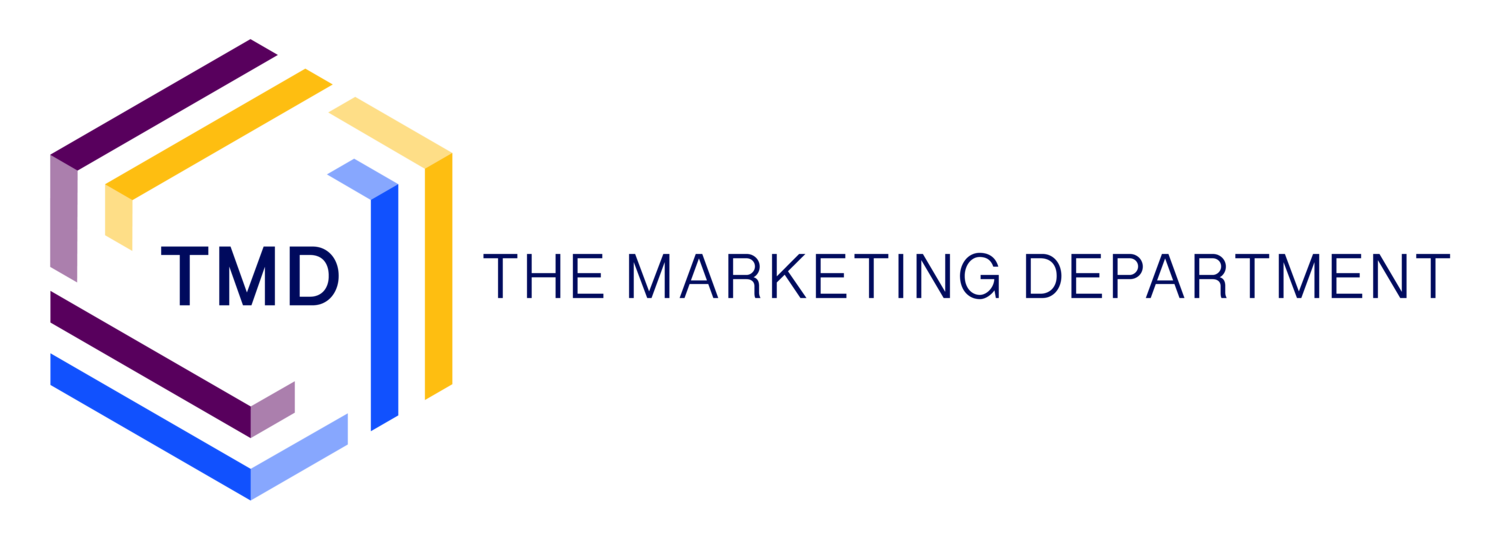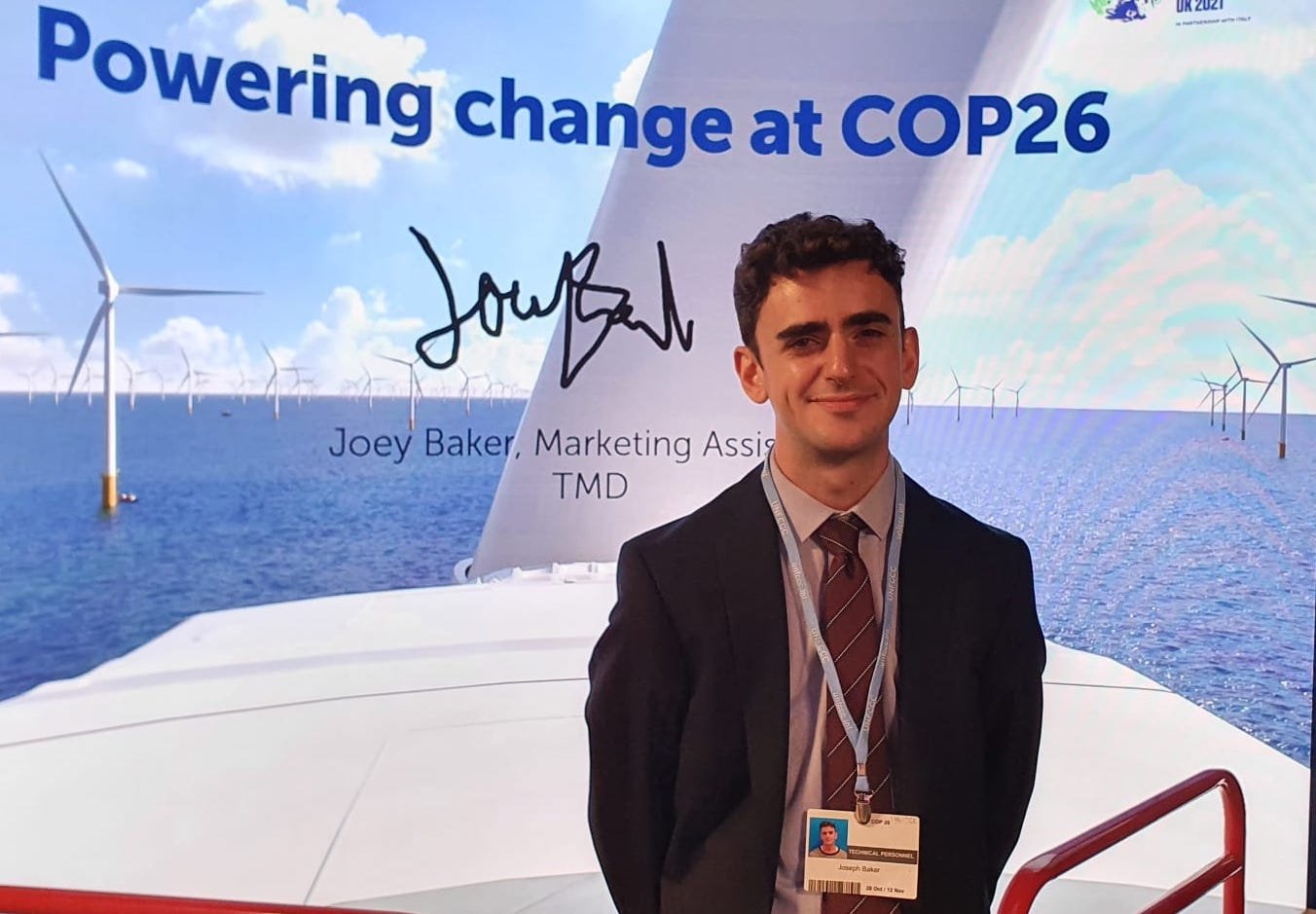Struggling to COP — Lessons from Glasgow
Joey Baker
Marketing & Research Officer
US Climate Envoy John Kerry made headlines earlier this month when he stated that if the world fails to phase out coal, “We are cooked”.
Kerry was speaking at the UN’s annual Bonn Climate Conference, marking the halfway point between last year’s COP26 in Glasgow and this year’s COP27 in Sharm el-Sheikh, Egypt.
That’s right — it’s almost that time again.
As November’s fresh round of climate talks loom and the climate rhetoric ramps up, I wanted to reflect on my own experience at COP26.
What was I doing at COP26? I was lucky enough to be invited to represent a client within the Blue Zone, AKA the heart of the COP negotiations at the Scottish Events Campus (SEC). I had incredible across-site access, including to the VVIP area, where I was a fly-on-the-wall to many dignitaries and world leaders.
As such, I saw how the organisation of the conference itself impacted negotiations at the highest level, with resolve at times tested by the realities of putting on an international event during a pandemic.
Here are some of my key takeaways from COP26 — the bad, the ugly, and the ‘oh god I want to go home’ — and what I’ll be watching out for at COP27.
We are but simple creatures
As Maslow’s Hierarchy of Needs will tell you, it’s hard to motivate people when they aren’t fed, sheltered or rested.
Unfortunately, delegates arriving at COP26 were greeted by airport-style security queues beneath heavy November skies. Arriving rain-soaked to the SEC’s main auditorium, more queues snaked to various food kiosks, where delegates could enjoy a limited selection of whatever was left. Scran in hand, seating proved scarce — a socially distanced affair — meaning many ate curled in a corner or propped against a sanitising station.
These issues gave the sense that, just as you were competing with others for food and shelter, you were also competing for your preferred policy outcomes — far from the spirit of compromise you’d hope from such talks.
Parachuting in logistics teams is risky
The people best equipped to run a venue like the SEC are, I would imagine, the SEC’s own staff. Suffice to say, COP26 was an endless parade external actors — from private event subcontractors, to UK Government and the United Nations.
Logistical issues presented themselves most starkly early on, with security vetting being such that at one point it was doubtful that anyone was going to COP26 at all. Accreditations were lost somewhere between private event agencies and the UN, meaning many attendees (TMD team included!) only learnt they were going the day the conference opened.
Peep that accreditation
Money, money everywhere
Everyone in the Blue Zone was either paying big bucks, or getting payed big bucks.
Private companies were willing to pay eye-watering sums of money for their logo beside the UN’s.
Subcontractors learnt they could quadruple their normal rates overnight, because why not? Everyone else was.
The price of accommodation in town skyrocketed. Members of one security team told me they were staying at the last place they could find: a boat docked 30 miles away in Greenock.
Greenwashing Galore!
The abundance of big spending presented some glaring contradictions, as the parties most keen to promote their climate commitments were often not the most green.
For example, judging by the size of their multi-story pavilion stand, you would assume Saudi Arabia to be a climate action superpower, and not a state synonymous with fossil fuel extraction.
Similarly, Australia was the talk of the town not because of their abysmal record on coal, but because their pavilion stand was serving up the most delicious oat milk flat whites, completely free of charge. Ecological collapse never tasted so good!
Count the blue coffee cups
The Celebrity Circus
In the coveted Blue Zone, everybody vied to network with the big names.
Bewildered PAs were side stepped, as eager-eyed chancers offered US Representative AOC her hundredth can of Irn Bru, seizing their split-second opportunity to make a good impression.
Entourage after entourage jostled to establish their respective world leader as being very important. Security details charged through crowds and barked orders at baffled bystanders.
Of course, when everyone’s very important; no one is. The queues and lack of adequate food provision did not discriminate — even in the VVIP area, where leaders waited up to 3 hours for lunch during the world leader’s summit.
Barack Obama and John Kerry addressing a room of VIPs
No Big TV Moment
In the days before COP, I envisaged how negotiations would unfold. Crowds would spill out of packed plenaries, to huddle around TV screens with bated breath for that ‘independence day’ moment — an impassioned speech, big cheers, unity prevails.
The reality was much messier. Compensation for loss and damage? A deal on coal financing? The ‘ratchet mechanism’? No single item on the agenda screamed, ‘this is the moment we save the planet’.
Instead, the closing scenes of the COP saw last minute ‘huddles’ on the plenary floor, as senior diplomats wrangled over the wording of any final agreement. Time dragged on, a widely shared Twitter post guesstimating when it all might end. Logistics crews took up tools and began quietly dismantling the venue.
When will it end: a guessing game
To summarise all these experiences, COP26 showed me how really simple things — food, recognition, shelter, adequate rest, enough time — remain central in undertaking any kind of collective activity. UN conferences aren’t ‘above’ trivial concerns; in fact, the trivial becomes more important as the stakes get higher. That’s something I won’t forget when working to plan and deliver events in the future.
I will also say that this article has painted a pretty bleak picture of the COP and its organisation. However, things going well don’t make a good story. I’ll remember COP26 for the hope that came out of Glasgow, the overwhelming strength of feeling for climate justice now, and the immense responsibility felt by everyone there not to fail future generations.
Now onto COP27 — its own unique challenges and contradictions await.
COP26 was held amidst a pandemic, and perhaps some of the failings around organisation and delivery can be attributed to the unusual circumstances. The world is opening up now, and TMD is here to help you deliver slick, enjoyable and memorable events — get in touch to discuss how.






